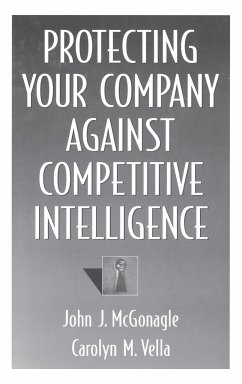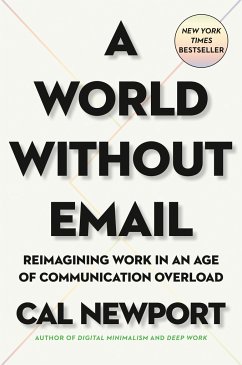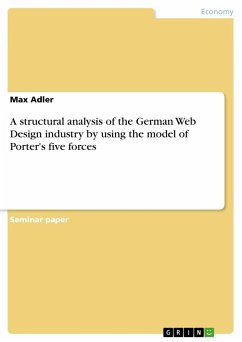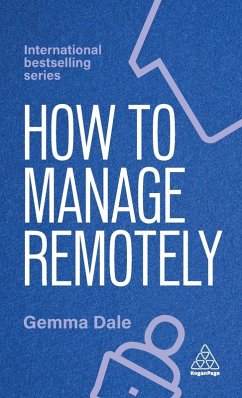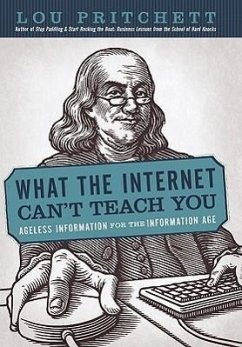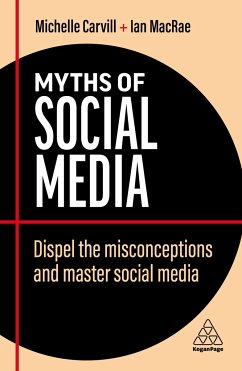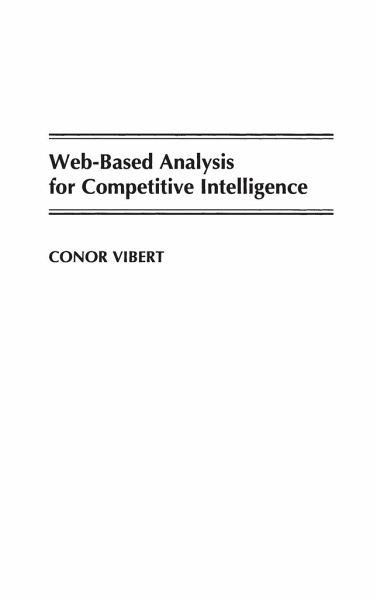
Web-Based Analysis for Competitive Intelligence

PAYBACK Punkte
44 °P sammeln!
Responding to the needs of market researchers, business analysts, CI professionals, and other decision makers who understand online technology, Vibert provides a series of problem-driven, analytical frameworks to help them make better sense-and use-of the vast amounts of information now available and easily accessed on the Internet. Organizational decision makers, forced to understand complex competitive environments, have two important aids; analytical tools and information sources. To be truly effective, these tools must be used in concert. Vibert's book focuses on these tools and their usag...
Responding to the needs of market researchers, business analysts, CI professionals, and other decision makers who understand online technology, Vibert provides a series of problem-driven, analytical frameworks to help them make better sense-and use-of the vast amounts of information now available and easily accessed on the Internet. Organizational decision makers, forced to understand complex competitive environments, have two important aids; analytical tools and information sources. To be truly effective, these tools must be used in concert. Vibert's book focuses on these tools and their usages. In doing so it provides ways for organizational decision makers to protect their own operations as they seek to gain better knowledge of their competitors. Analysts, market researchers, corporate trainers, CI professionals, and others in decision-making capacities, in industries enabled by the Internet, will see quickly how well the content of Vibert's book fits what they do day-to-day. Academics and other teachers will find that the book challenges the traditional case method style of teaching by showing how real-time analysis can be brought into the classroom, the corporate training suite, and other places where information and knowledge are transmitted. Vibert maintains that real-time teaching or training depends on the use of library resources-and the world's largest library is the Internet. Unfortunately, the net has grown so large so fast that stakeholders lack ways to organize the vast quantities of information available there. It is these ways, these tools and resources, that Vibert provides in his discussion of question-driven analytical frameworks, the core of his book.





